I am a qualified Humanistic Psychotherapist and an accredited member of the UKCP. The type of therapy I offer is a place where you can express yourself without judgement. I was a company director for 12 years before training on a 5-year Psychotherapy Master's Degree. I decided to train as a therapist as I have seen how getting the right support beyond just family or friends, can change people’s lives.
I view seeking therapy as a courageous and positive step where you can talk about things you might not feel comfortable discussing with anyone else, in a confidential space. Although we can't change our past, therapy can help us look forward and put us back in the driving seat. I believe each person has their own unique key to what they need, and I am committed to really listening and finding what that might be for you.
As well as my private practice I have worked as part of the NHS as a bereavement counsellor and across several renowned counselling services in London. My experience also includes working with a wide range of clients, including young adults and the elderly.
I view seeking therapy as a courageous and positive step where you can talk about things you might not feel comfortable discussing with anyone else, in a confidential space. Although we can't change our past, therapy can help us look forward and put us back in the driving seat. I believe each person has their own unique key to what they need, and I am committed to really listening and finding what that might be for you.
As well as my private practice I have worked as part of the NHS as a bereavement counsellor and across several renowned counselling services in London. My experience also includes working with a wide range of clients, including young adults and the elderly.
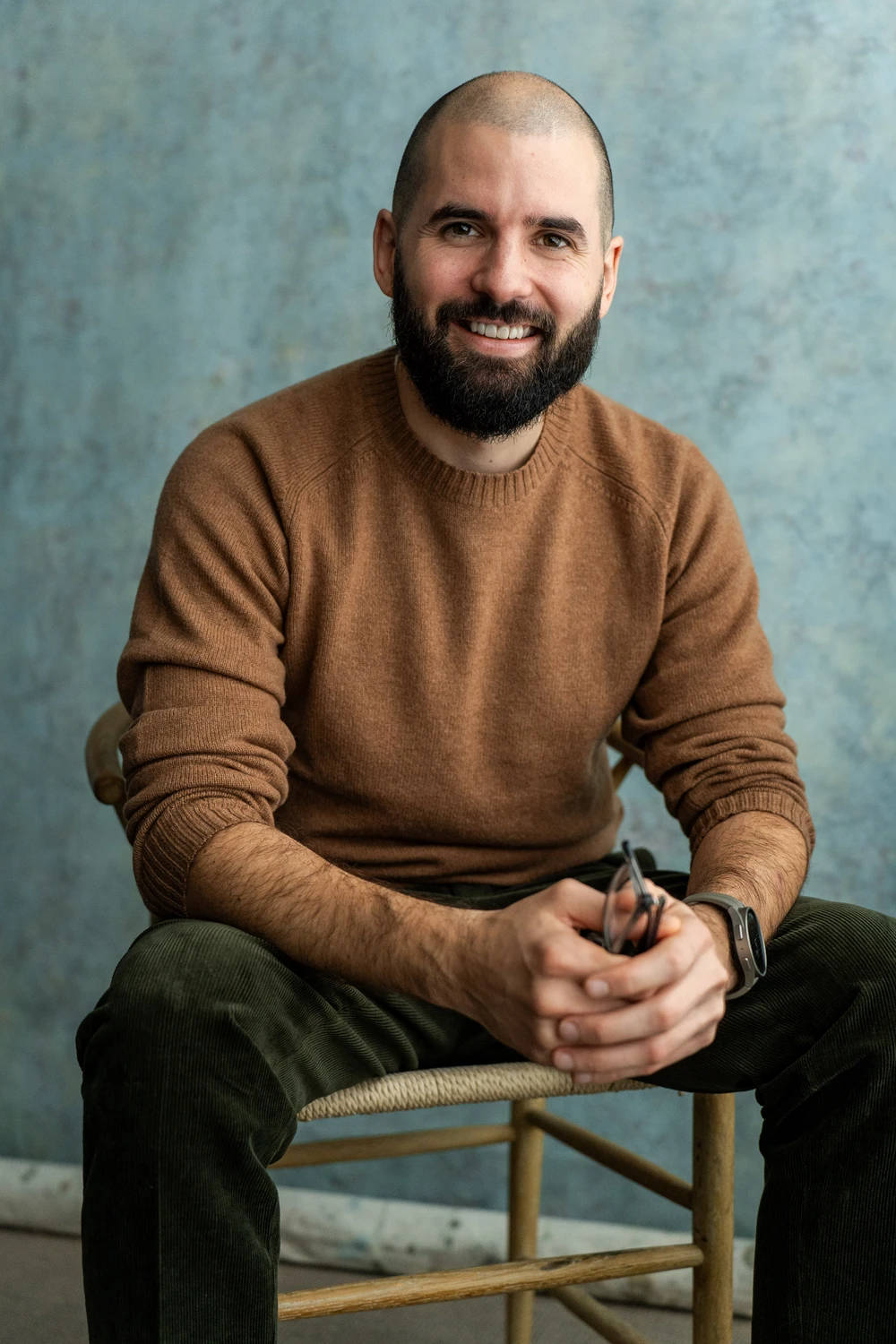
In our first session, I offer a warm, honest, and open conversation for you to freely express where you are and what you hope for. We can explore any questions you might have about the therapy process and get to know each other. The relationship and connection with your therapist is key, therefore, I work to create a space where you feel you can trust me to support you, when you may be feeling at your worst. I am there to help you both face what is tough and support your growth.
Our work might involve addressing reoccurring difficulties, roles that you have in life and your identity. The aim is to help you find better ways to understand yourself and bring about changes to help improve your mental and emotional well-being. Not only do I believe in encouraging you to gain more insight and clarity, but I also offer practical tools and resources that you can use as support.
My Psychotherapy training is ‘integrative,’ meaning I combine approaches from both Gestalt and Person-centred therapies as well as using evidence-based mindfulness techniques.
The Gestalt approach offers a comprehensive framework for exploring the lasting influence of past experiences on your current state of being. If you often find yourself grappling with unexplained anxiety, Gestalt therapy may offer clarity. The term "Gestalt" originates from German, signifying 'wholeness,' 'completeness,' or 'pattern.' As a therapist specializing in Gestalt therapy, my aim is to engage with you in your entirety—encompassing your thoughts, emotions, actions, surroundings, and interpersonal relationships.
In our therapeutic journey, my focus will be on your immediate thoughts, feelings, and actions. Our work together will help you recognize recurring patterns and expectations in your interactions with others. Such awareness is liberating—it expands your options. The deeper your self-awareness, the greater your freedom to reframe your choices. This empowerment facilitates closure and empowers you to cultivate a present and future that resonates with your true self.
Adopting a 'Person-Centered' approach signifies my conviction that each individual has an innate capacity to gravitate towards what they genuinely need in life, provided that the surrounding environment is supportive and non-judgmental. Often, early experiences teach us that certain emotions and needs might not be welcomed by others, making it challenging for us to accept them within ourselves. This disconnection can foster feelings of anxiety, depression, shame, and emotional detachment.
As a therapist trained in Person-Centered therapy, I aim to cultivate a nurturing atmosphere where your unique needs and emotions are not just acknowledged but genuinely embraced. This acceptance can empower you to recognize and embrace your own needs and feelings. By learning to articulate and accept fundamental needs—like love, respect, rest, and the expression of a range of emotions—you'll become more adept at fulfilling them. Over time, this enables you to build self-trust and make choices rooted in your authentic desires, paving the way for a richer, more satisfying life.



What is important is not what happens to us, but how we respond to what happens to us.
Jean-Paul SartreFrench playwright & philosopher
You can contact me by clicking on the ‘contact me’ form on this website. I always respond back quickly. As soon as I receive this information, I will invite you for a first appointment. I will aim to offer you an initial session within 1-2 weeks. I will then send you a client intake form to complete, this will be done online, confidentially. This is for you to provide your personal details and reasons for seeking therapy.
This session is as much about you getting a sense of who I am, as it is about me getting a sense of you. The therapeutic relationship is key to the success of therapy so it’s important you feel you can work with me.
I will ask you about your current difficulties and what has brought you to this point and establish your overall goals/aims for therapy.
Our initial session will also give you an opportunity to ask me any questions you might have, and for me to tell you about my approach and the practicalities of therapy.
Sessions last for 50 minutes and take place in a quiet room with just two of us present.
There is no obligation to commit to therapy after our initial appointment session. We will both agree for therapy to continue, and you might want to commit to a short number of sessions or want an open-ended approach.
We will either meet weekly or fortnightly, and if you need to take a break, holiday, or cancel a session, you can give 48 hours' notice.
Each person has different needs, and it is important that you decide how long it feels right for you to stay in therapy.
I ongoingly review and discuss how you are finding the work, what progress you feel you have made and how you want to move forward. This can include discussing new potential areas you might want to address.
At the moment, I am only working with people who are aged 18 and above, however, I will consider working with young persons aged 16-17, after an initial session. I do not work with couples.
The United Kingdom Psychotherapy and Counselling (UKCP) are professional bodies that are responsible for the verification and accreditation process of trained professionals in the UK.
Having this certification reflects that the therapist has received the optimal academic and vocational training required to work with you and that they adhere to the professional ethics and standards set by these reputed organisations.
You can contact me by clicking on the ‘contact me’ form on this website. I always respond back quickly. As soon as I receive this information, I will invite you for a first appointment. I will aim to offer you an initial session within 1-2 weeks. I will then send you a client intake form to complete, this will be done online, confidentially. This is for you to provide your personal details and reasons for seeking therapy.
This session is as much about you getting a sense of who I am, as it is about me getting a sense of you. The therapeutic relationship is key to the success of therapy so it’s important you feel you can work with me.
I will ask you about your current difficulties and what has brought you to this point and establish your overall goals/aims for therapy.
Our initial session will also give you an opportunity to ask me any questions you might have, and for me to tell you about my approach and the practicalities of therapy.
Sessions last for 50 minutes and take place in a quiet room with just two of us present.
There is no obligation to commit to therapy after our initial appointment session. We will both agree for therapy to continue, and you might want to commit to a short number of sessions or want an open-ended approach.
We will either meet weekly or fortnightly, and if you need to take a break, holiday, or cancel a session, you can give 48 hours' notice.
Each person has different needs, and it is important that you decide how long it feels right for you to stay in therapy.
I ongoingly review and discuss how you are finding the work, what progress you feel you have made and how you want to move forward. This can include discussing new potential areas you might want to address.
At the moment, I am only working with people who are aged 18 and above, however, I will consider working with young persons aged 16-17, after an initial session. I do not work with couples.
The United Kingdom Psychotherapy and Counselling (UKCP) are professional bodies that are responsible for the verification and accreditation process of trained professionals in the UK.
Having this certification reflects that the therapist has received the optimal academic and vocational training required to work with you and that they adhere to the professional ethics and standards set by these reputed organisations.
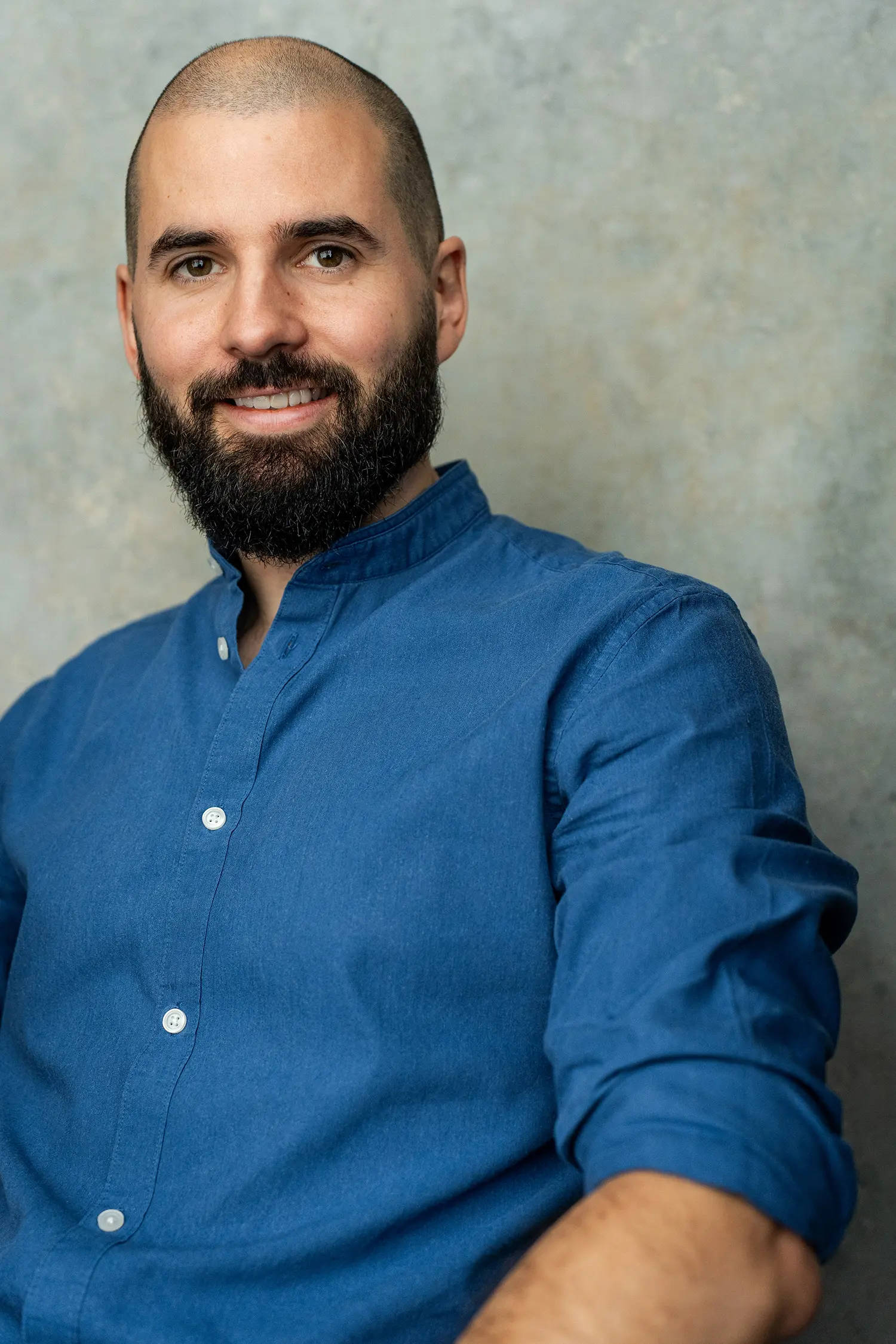



What is important is not what happens to us, but how we respond to what happens to us.
Jean-Paul SartreFrench playwright & philosopher



Our wounds are often the openings into the best and most beautiful parts of us.
David Richo, PhDTherapist & author

Samaritans works to ensure there's always someone there for anyone who needs someone. Available 24/7/365 they are there when in crisis, struggling to cope, or at risk of suicide.
116 123 (Free) Website
If you are struggling to cope or feel yourself nearing a breakdown, Access Mental Health can help. Designed in partnership with local people, it offers a range of vital support services.
Website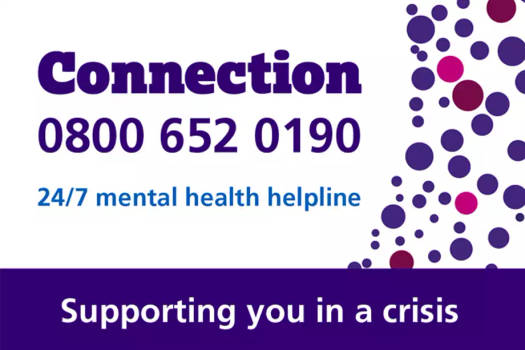
Connection is a round-the-clock helpline for people of all ages, anywhere in Dorset, who are experiencing mental health problems and are in need of immediate support.
0800 652 0190 (Free 24/7) Website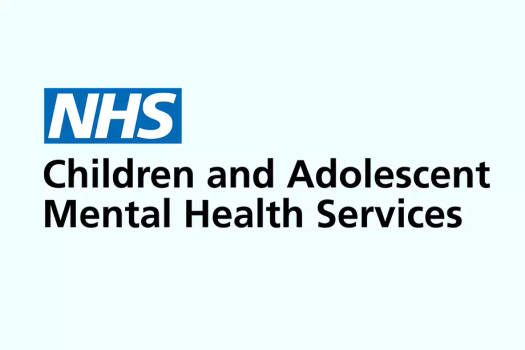
CAMHS offers assessment and treatment to children and young people up the age of 18 who are experiencing significant mental health difficulties with support for families and carers too.
Website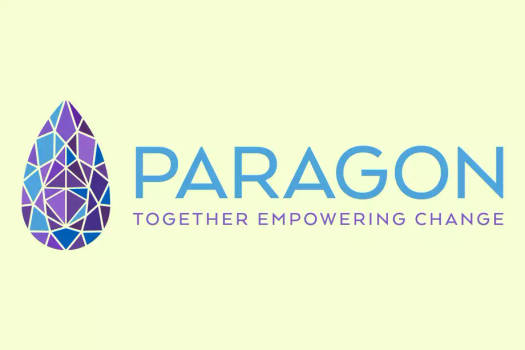
The Dorset County branch of Paragon are a team of passionate people who work with women, men, and children who are suffering domestic abuse, sexual violence and stalking.
0800 032 5204 (Free) Website
BCHA help victims of domestic abuse and human trafficking escape and recover from the traumatic situations they have experienced, and to help them stay safe.
01202 547 755
A voluntary organisation run for men, women, young people and children who have been raped or sexually abused.
01202 308 855 Website
The Morris Practice is a London based Counselling and Psychotherapy service. Wee offer a compassionate, client-centred approach to Counselling and Psychotherapy.
Available for both in-person and online sessions, we focus on individual growth and well-being, ensuring a supportive and empathetic environment for all.

